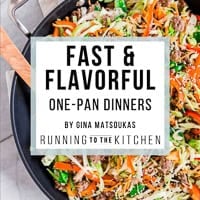We all want to eat healthy, but not every so-called “health food” is the miracle it claims to be. Some of these popular choices are more hype than help. It’s easy to get sucked into the latest food fads, but let’s have a laugh and take a closer look. Here is a list of health foods that aren’t as great as you think and why.

Agave Nectar
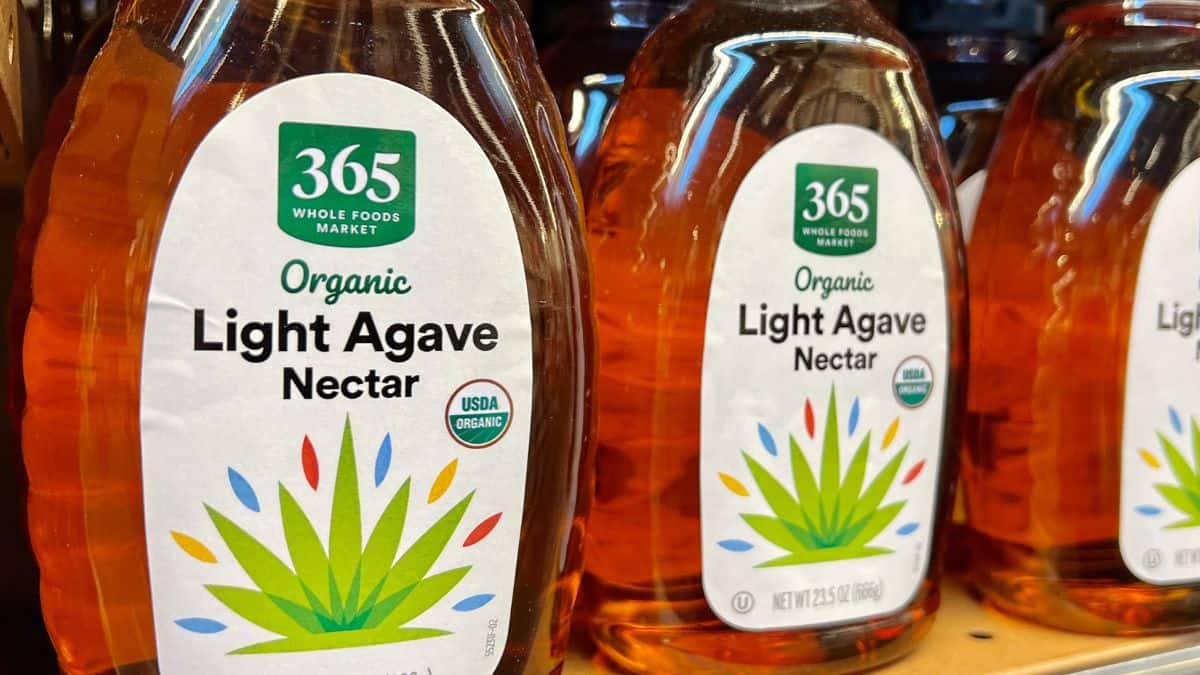
Photo Credit: Shutterstock.
Marketed as a healthier sweetener, agave nectar actually surpasses high-fructose corn syrup in fructose content. High fructose intake has been linked to increased liver fat, insulin resistance, and elevated triglycerides, which can lead to metabolic syndrome and type 2 diabetes.
Acai Bowls
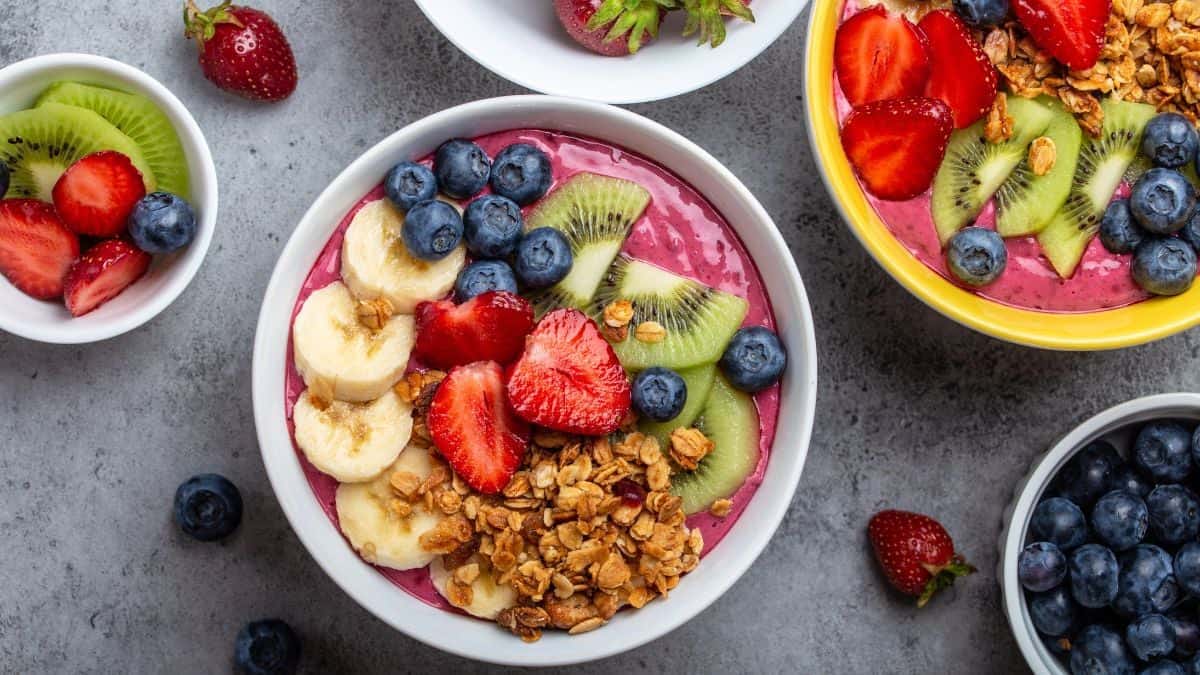
Rich in antioxidants, acai bowls often get overshadowed by excessive sugary toppings like granola and honey. These additions can spike blood sugar levels and add unnecessary calories, turning a nutrient-dense meal into a calorie bomb.
Coconut Oil

Popular for its purported health benefits, coconut oil is laden with saturated fat. High intake of saturated fats can raise LDL cholesterol levels, which is a risk factor for heart disease. Studies have shown mixed results on its benefits, so moderation is key.
Gluten-Free Snacks
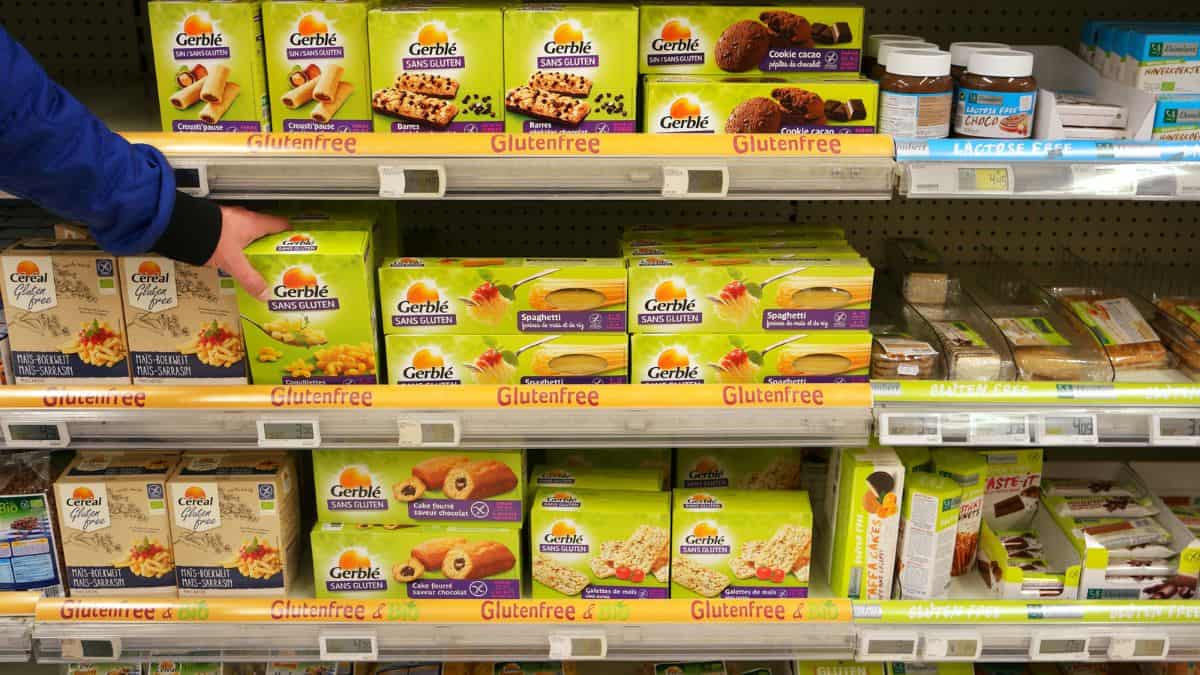
Gluten-free doesn’t always mean healthy. Many snacks in this category pack extra sugars and fats to improve taste. These added ingredients can lead to weight gain and do not provide the fiber and nutrients found in whole grains, offering little nutritional advantage unless of course, you’re celiac.
Detox Teas
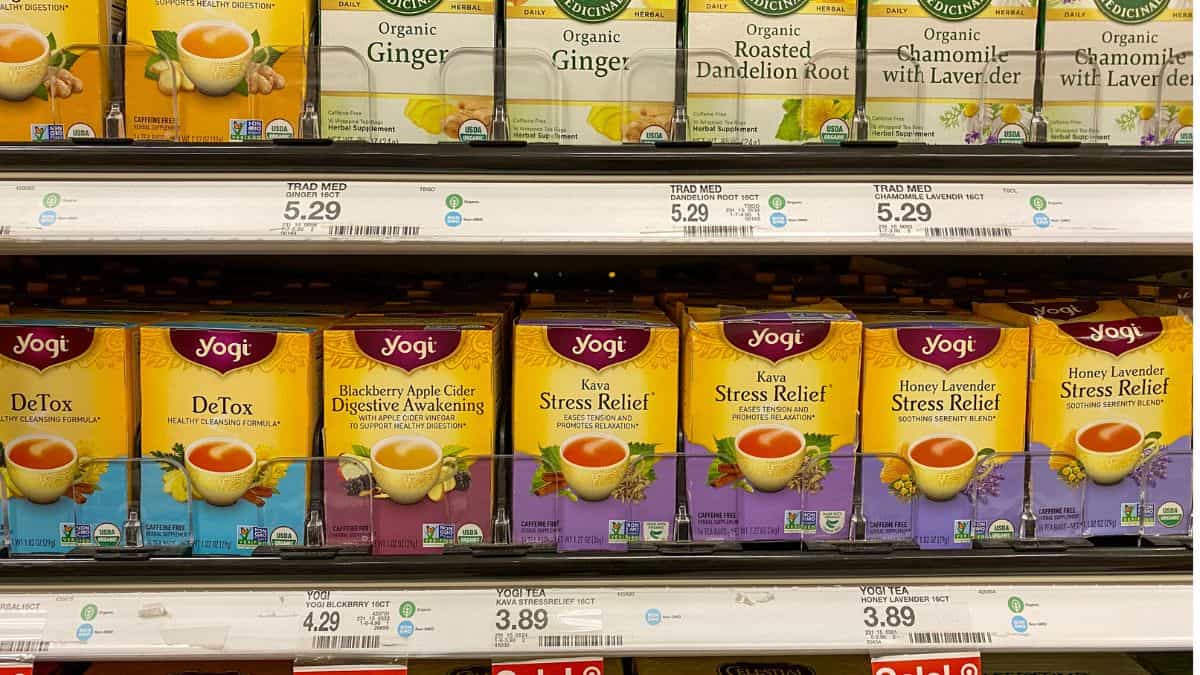
Touted for detoxification and weight loss, these teas often lack substantial scientific backing. They may include laxatives and diuretics, which can cause dehydration, electrolyte imbalances, and dependence. The liver and kidneys naturally detoxify the body without needing these products.
Vitamin Waters

These beverages, while infused with vitamins, often mirror soft drinks in sugar and calorie content. The high sugar levels can contribute to weight gain and tooth decay, and the added vitamins are often in forms or amounts that the body doesn’t effectively use.
Energy Bars
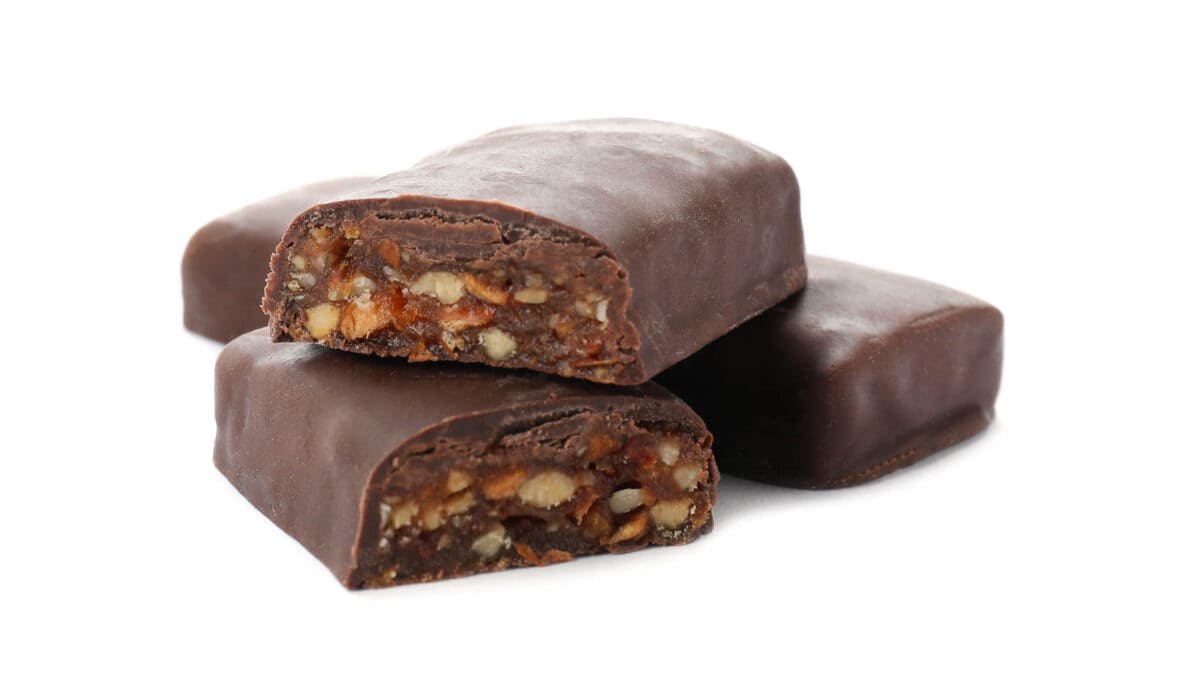
Often masquerading as healthy snacks, many energy bars are just candy bars in disguise. They are filled with sugars, high-fructose corn syrup, and processed ingredients, leading to quick spikes in blood sugar followed by crashes, which can be detrimental to overall health.
Almond Milk

While it’s a popular dairy alternative, commercial almond milk often contains minimal almonds and is instead loaded with additives and sweeteners. Carrageenan, an additive in some almond milks, has been linked to digestive issues and inflammation.
Kale Chips

Kale chips might start as a superfood, but the addition of large amounts of oil and salt can diminish their nutritional value significantly. High sodium intake is linked to hypertension and cardiovascular diseases, making these chips less healthy than they appear.
Diet Soda

Calorie-free but controversial, diet sodas are packed with artificial sweeteners and chemicals. Some studies suggest that these sweeteners might disrupt gut bacteria and metabolism, potentially leading to weight gain and increased risk of metabolic syndrome.
Bottled Smoothies
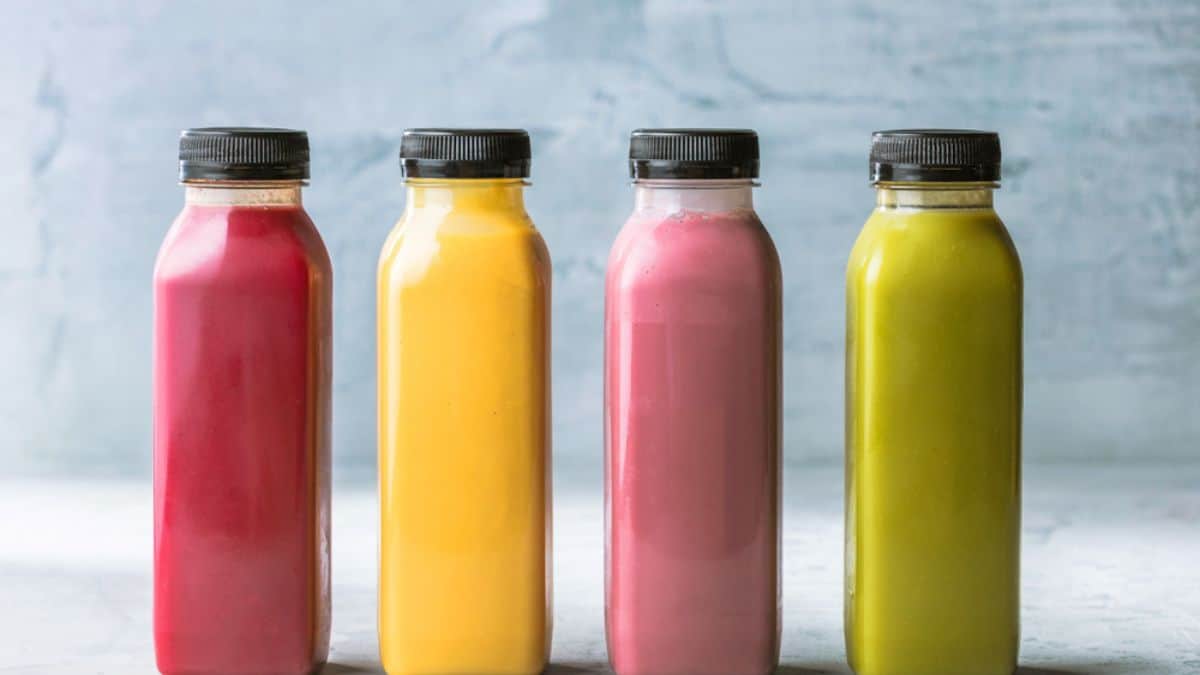
While they seem like a nutritious choice, many bottled smoothies are high in sugar and calories. The pasteurization process also reduces the vitamin and antioxidant content, making them less beneficial than fresh homemade smoothies.
Veggie Chips

Although they appear to be a healthier alternative to regular chips, veggie chips are frequently heavily processed. They often contain similar levels of fat and sodium as regular chips, and the processing can strip away most of the nutrients originally present in the vegetables.
Superfood Powders

Marketed as nutritional powerhouses, these powders (like spirulina and maca) can be costly and offer no more benefits than whole foods. Some studies have found contaminants such as heavy metals in these powders, making them a potentially risky choice.
10 Fancy Foods That Aren’t Worth The Hype Or The Price

We all love treating ourselves to something fancy now and then, but some gourmet foods just don’t live up to their reputation. These pricey indulgences can leave you wondering if they’re really worth it. Let’s take a closer look at some high-end foods that are more about hype than flavor and why you might want to think twice before splurging on them.
Read it Here: 10 Fancy Foods That Aren’t Worth The Hype Or The Price
13 Trendy Foods That Are Actually Disappointing
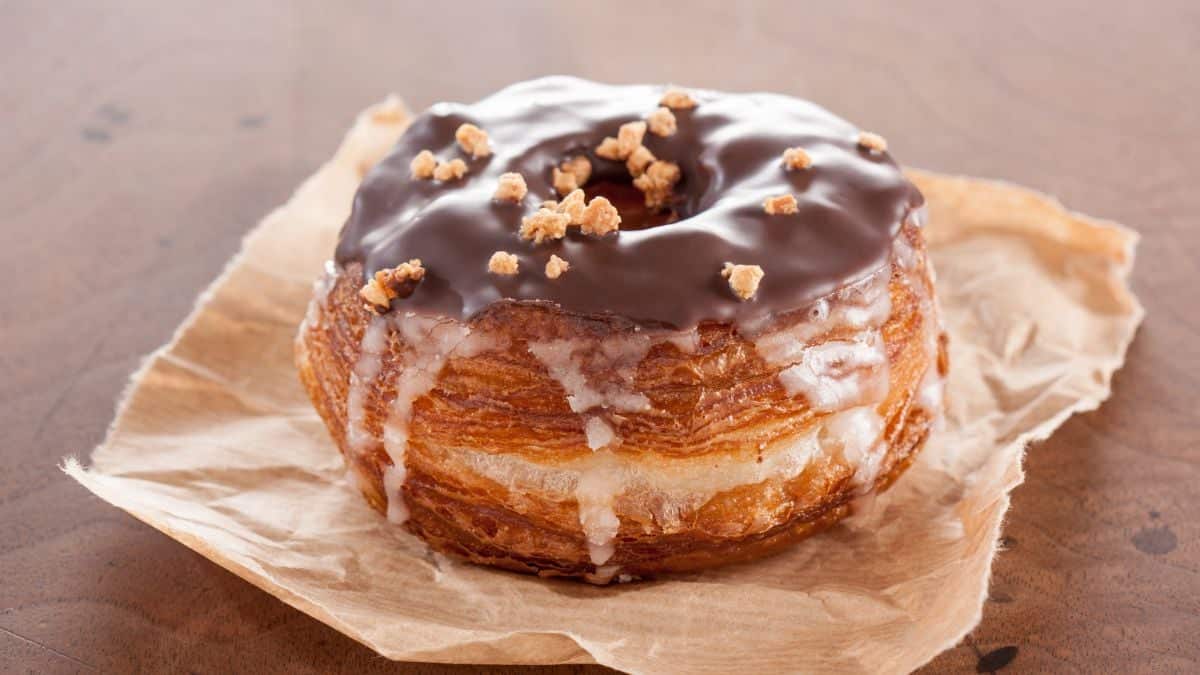
We’ve all been there—seeing a food trend blow up on social media, rushing to try it, only to be left feeling underwhelmed. Sometimes, the hype just doesn’t match the reality. From fancy avocado toast to the latest superfood craze, not everything lives up to its Instagram fame.
Read it Here: 13 Trendy Foods That Are Actually Disappointing
Select images provided by Depositphotos.
Gina Matsoukas is an AP syndicated writer. She is the founder, photographer and recipe developer of Running to the Kitchen — a food website focused on providing healthy, wholesome recipes using fresh and seasonal ingredients. Her work has been featured in numerous media outlets both digital and print, including MSN, Huffington post, Buzzfeed, Women’s Health and Food Network.
